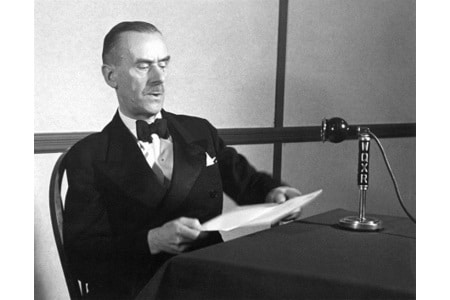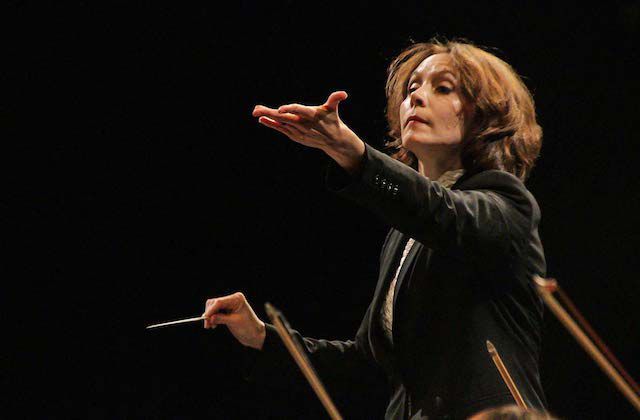Album of the Week: Son of Mann
Album Of The WeekFrom this week’s Lebrecht Listens:
The German writer Thomas Mann cast such a huge shadow across 20th century culture that his six children struggled to emerge in their own light. The eldest, Klaus, a remarkable novelist, committed suicide at 42. His sister Erika, with whom he had symbiotic links, was a bisexual media activist. Another daughter, Monika, made a living for a while as a pianist. Elisabeth became an expert on maritime law and Golo was a generally embittered German historian.
The youngest, Michael Mann…
Read on here.
And here.
En francais ici.
More languages follow.
L’écrivain allemand Thomas Mann a jeté une telle ombre sur la culture du XXe siècle que ses six enfants ont eu du mal à émerger dans leur propre lumière. L’aîné, Klaus, un romancier remarquable, s’est suicidé à 42 ans. Sa sœur Erika, avec laquelle il entretenait des liens symbiotiques, était une activiste médiatique bisexuelle. Une autre fille, Monika, a gagné sa vie pendant un certain temps en tant que pianiste. Elisabeth est devenue une experte en droit maritime et Golo était un historien allemand généralement aigri….






Comments